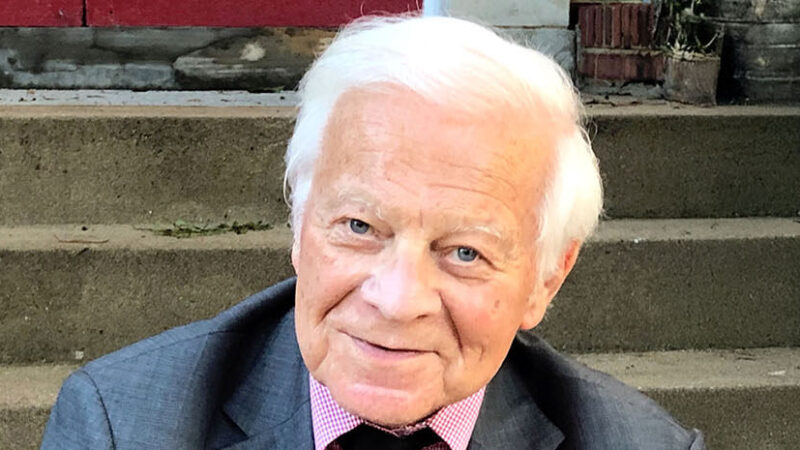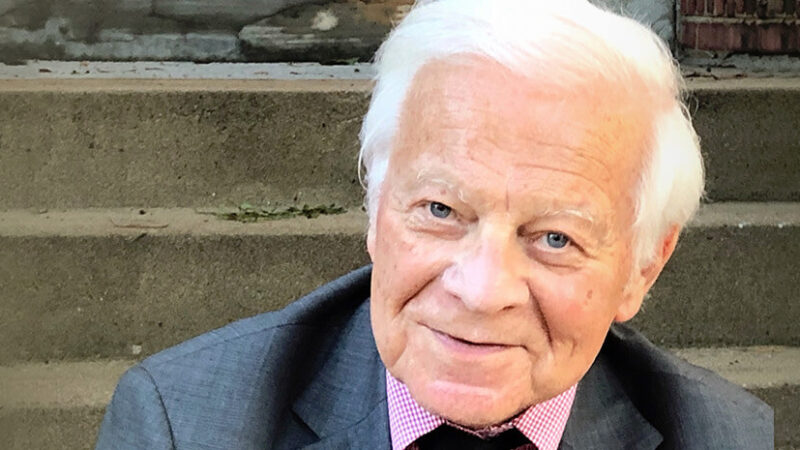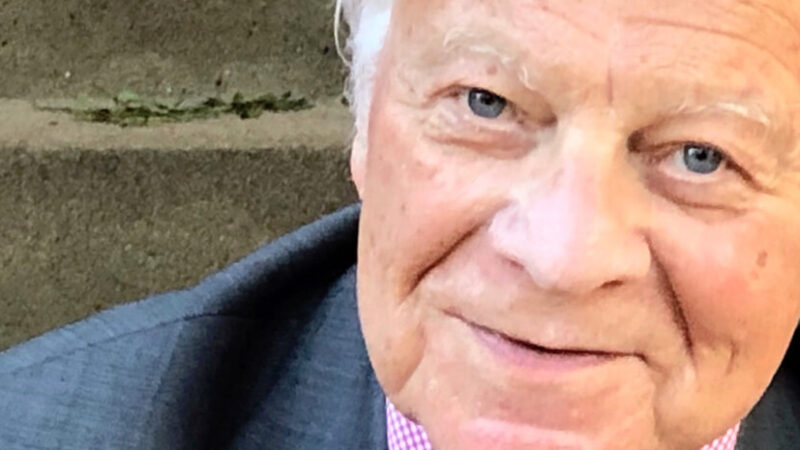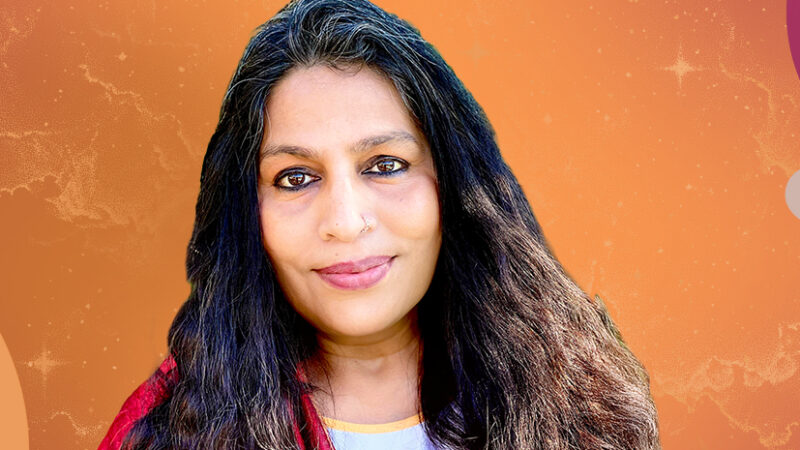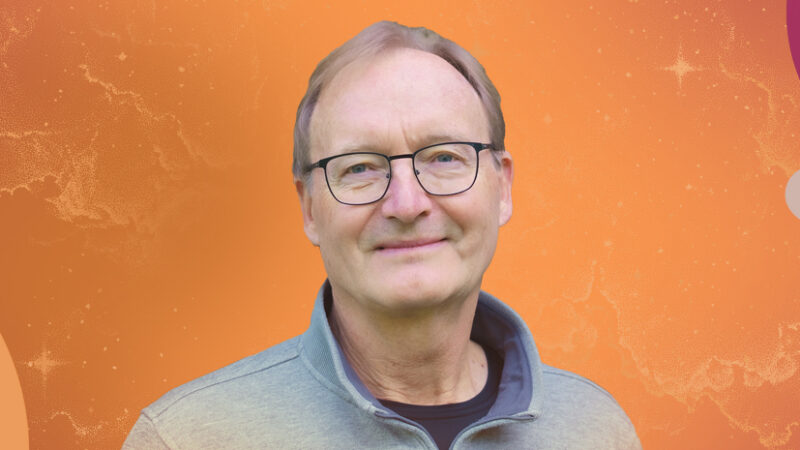Dr. James Hollis is a Jungian analyst, a former executive director of the Jung Society of Washington, DC, and a professor of Jungian studies for Saybrook University of San Francisco/Houston. He is the author of 16 books including Finding Meaning in the Second Half of Life, Living an Examined Life, and, most recently, Living Between Worlds. In this podcast, Tami Simon speaks with Dr. Hollis about his latest work and the increasing sense of importance for many people around living more meaningful lives. They also discuss how to find resilience during difficult times, how our souls let us know when we’re not on the right path, the difference between “meaning” and “purpose,” and more.





